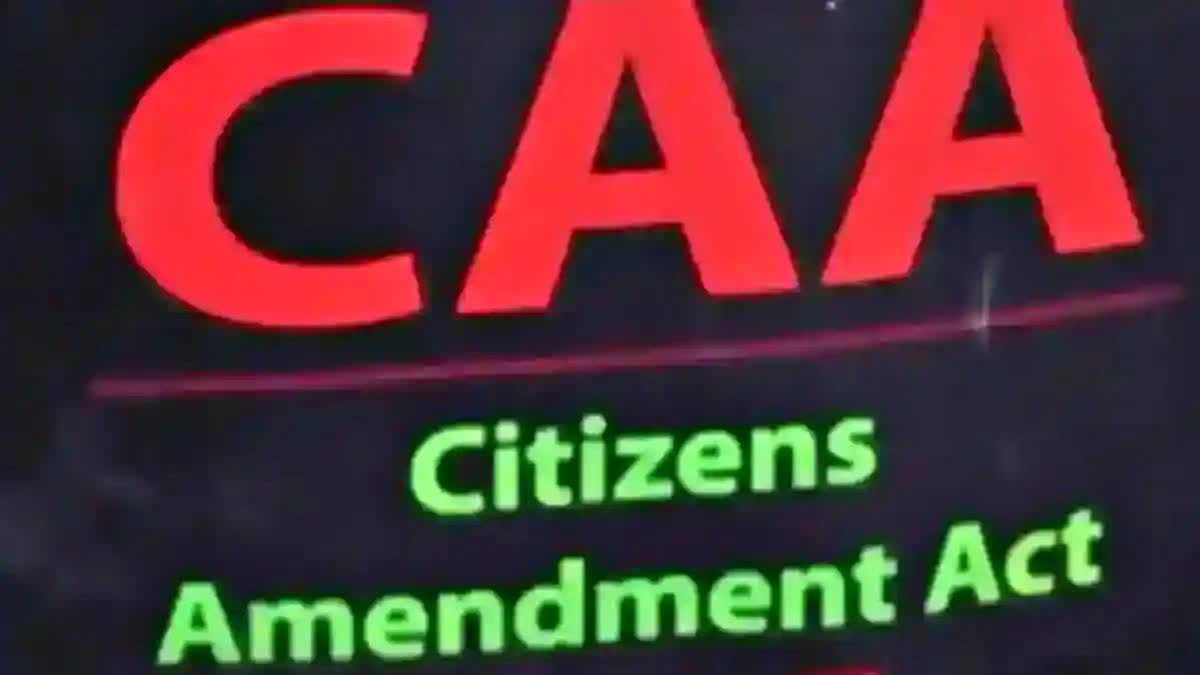New Delhi: The 2019 Citizenship (Amendment) Act (CAA) and the subsequent rules have been brought to safeguard the right to life, liberty and dignity of persecuted non-Muslim minorities from Pakistan, Afghanistan and Bangladesh, said a fresh plea filed in the Supreme Court. While refusing to stay the operation of the Rules that would give effect to the CAA, a bench headed by Chief Justice D Y Chandrachud had on March 19 asked the Centre to respond to the applications seeking a stay on the implementation of the Citizenship (Amendment) Rules, 2024 till the apex court disposes of the pleas challenging the constitutional validity of the CAA.
Meanwhile, lawyer Ashwini Upadhyay has moved the top court with an application for making himself a party to the ongoing litigations on the CAA and its rules. The fresh plea, filed through lawyer Ashwani Dubey, seeks dismissal of the pending PILs of various petitioners including the Indian Union Muslim League (IUML) on various grounds. "Applicant respectfully submits that the writ petitions (of IUML and others) challenging constitutional validity of the Citizenship Amendment Act 2019 are politically motivated and none of their fundamental rights are being violated by the Act. Hence, PILs are not maintainable under Article 32 and may be dismissed to save the precious time of the Court," Upadhyay said in his plea.
"Ever since the CAA came into effect, protesters have sought to intimidate the country by burning trains and buses, pelting stones and attacking police. The propaganda machine on social media has been coordinating to create an image of a nation in flames," it said. It claimed the truth was, however, totally different.
The anger is "just because a tiny bit of justice was given to minorities of Afghanistan, Pakistan and Bangladesh. This can only be called protests of entitlement' and definitely not guaranteed under Article 19 (freedom of speech and expression) of the Constitution," it said. It asserted there was "no religious discrimination" in the law which only makes sure that the commitment made to the persecuted non-Muslim minorities during partition is fulfilled.
